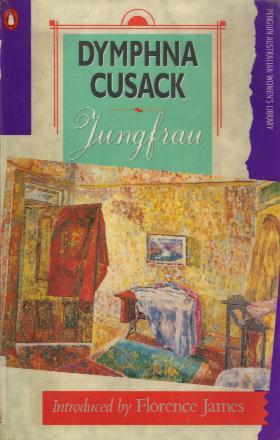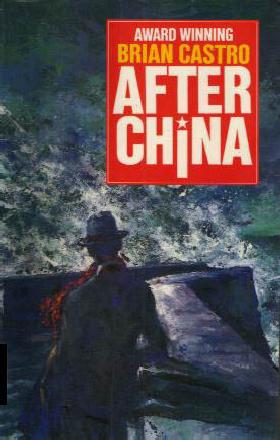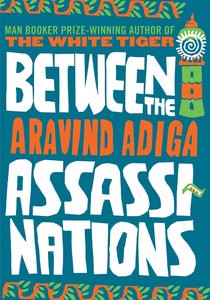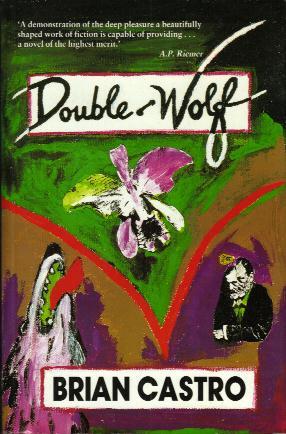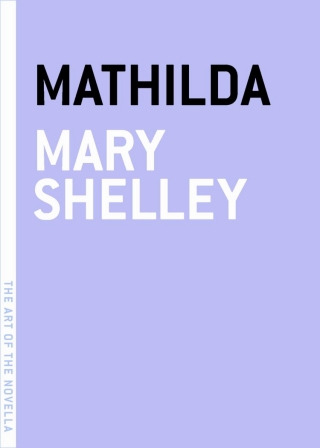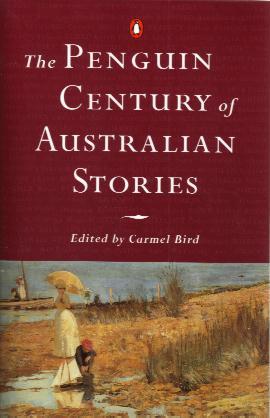It came as a shock to see in a law report recently that, when the accused said that he would call two of his cobbers to give evidence in his favour, the magistrate rebuked him. "We don't want to hear 'cobbers' here," he said; "cut out the slang." "What is slang? "Cut it out" is surely a specimen of moderately vigorous slang, but "cobbers," no matter how the word is used to-day has at least an older origin to boast. Why this hostility to a word that in Australia is by now surrounded with meaning and glow? Was it perhaps because the accused, being accused, was not to enjoy himself with the use of such a warm and comfortable word! Or was it the magistrate's general opinion that slang, as opposed to "grammar" was demoralising in all circumstances? But then, why did he say "Cut it out"? We are to suppose that he, like most of us, could not tell where the border ran between slang and current usage. Unlike some of us, though, he ventured to be dogmatic on the subject.
Words in their contraction and expansion, their strange development upward or outward or downward, are simply mesmeric in their fascination. Human minds have caused them to change, have made them work hard, or have left them to obsolescence. "Cobber," I believe, was an old, sound North of England dialect word, and it has somebow become adopted by Australians. The late Barbara Baynton, the distinguished story writer, when republishing her early book, "Bush Studies," renamed it "Cobbers," the word that by 1918 or so had become so general. "Cobbers" will probably persist a long time, side by side with "mates," both familiar to Australians. In England the corresponding words, each slightly different, are "chums" and "pals." But which of these words is slang and which not? The Oxford Dictionary says that "chum" dates from 1684, but its etymology is dubious. No suggestion of slang. As for "pal," it is frankly labelled slang, but its etymology is not dubious, it is English gipsy. In other words, it comes near what George Borrow's fascinating friends would call "thieves' Latin." "Mate," of course, has its origin as "one of a pair, especially of birds"; but its chief use is given as "(In working classes) companion, fellow-worker (also as general form of address)." This use is commoner, surely in Australia than abroad. Professor Walter Murdoch, for instance, in his recent book of essays, says he felt instantly at home when, on his landing at Fremantle after travel, someone said to him, "Got a match, mate?" One more word in this group" "bloke" is described, not as slang, but as a colloquialism. So where exactly are we, and where is our dogmatic magistrate?
The Reporter Standardises
At all times it has been difficult to write down the words and phrases of human beings as they normally use them, and to suggest their rhythm. Most reporters evade the difficulty by standardising language and summarising ideas. A "Hansard" report set down verbatim, and without any doctoring from beginning to end, has, indeed, been heard of with some delight, but only for a short stretch. On the other hand some reporters in different periods have been given space and verge enough to produce a facsimile of a witness's garrulity and idiom. Some of the law reports round about 1726 were so full and vivacious, reproducing even the Liverpudlian accent of a North of Englander with a cold in the head, that the poet Gay had only to use them as a basis for much of the speech in "The Beggar's Opera." While we cannot expect such vivacious reproductions as a common thing to-day, our sense of humour may protest against the other extreme. ln a newspaper report some years ago there was an account of shooting in Fitzroy. It was dark, every house in the lane was suspect; one window shot up: a woman's voice said: "Whom do you want?" Whom, indeed! Would any policeman "want" anybody after such a flawless, unexceptionable use of the objective case at such an emotional crisis! That final "m", I dare swear, was put on in the office.
On the whole, it is easier to write safe "grammar" than to write idiom: that is, to write stiffly and formally instead of racily and with atmosphere. It has often been a usage of writers of the past to divide their characters into gentlemen and workmen. So long as a gentleman, or the author himself, is holding the floor, the speech is uniform, buckram, dull. Immediately a member of the lower order enters, the page is spattered with apostrophes, denoting dropped g's, dropped h's, irregularities in pronunciaton, and general disturbance. it is usual in such pages to meet with words like "pritty," but when one asks how otherwise the gentlemen would pronounce the word, there is no reply. "Pretty women": how does anyone speaking English to-day pronounce those words if not as "pritty wimmen"? Indeed, if all our ordinary talk were written down in accurate phnetic script instead of in the comically false conventions of our ordinary spelling, it could easily be shown that while irregularities and clippings and variations are more or less usual among all types of speakers, no one, no one at all, pronounces English as it is spelt.
First published in The Argus, 6 June 1931
[Thanks to the National Library of Australia's newspaper digitisation project for this piece.]
Note: the second part of this essay wil be published next week.
